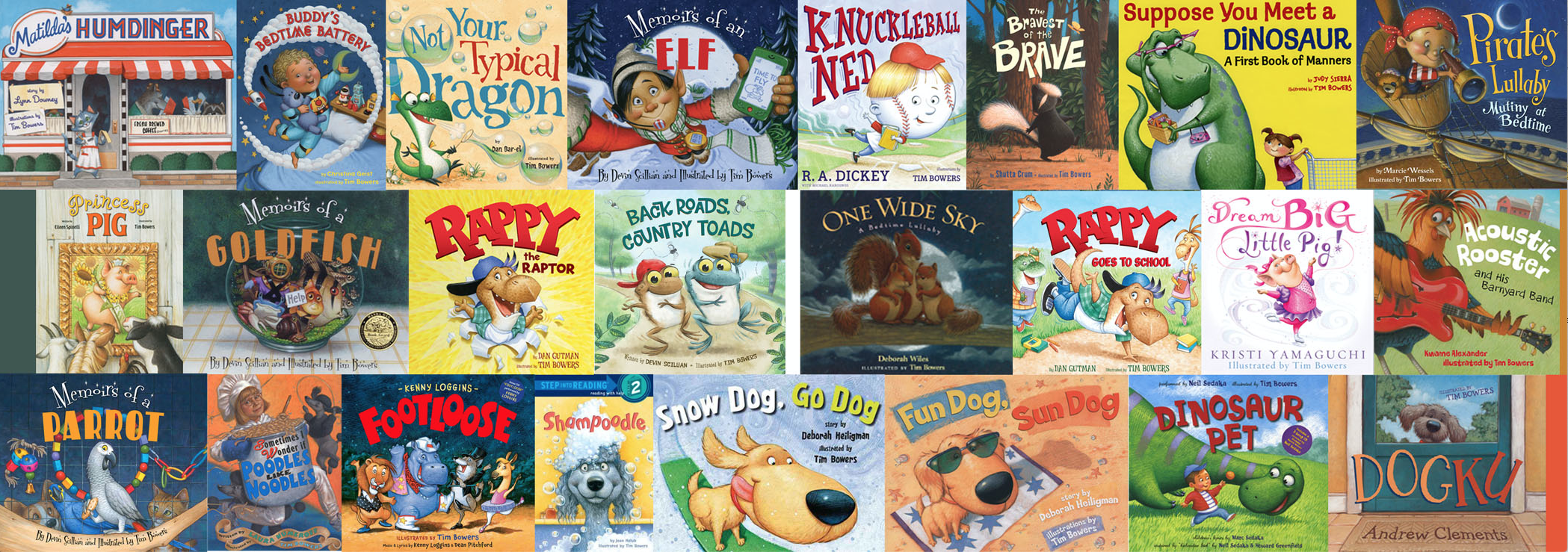[Editor's Note: This post first appeared on our blog for parents of preschoolers. The message is so foundational to navigating a child's education that we want to share it here, too.]
At some point, all parents face a decision about how they will provide for the education of their children. There are, perhaps thanks to our consumerist society, more options today than ever before. As I listen to parents talk about how they will make their decision, I hear the criteria they use to filter their decision-making. These often include things like reputation and tradition, test scores and student performance, accessibility and location, cost and affordability. These are all worthy considerations.
A criteria that I hear far less frequently, however, is perhaps the most important consideration because it has the single greatest influence on the type and worth of education that a student receives--that is, the philosophical foundations of the school.
The truth is that all schools -- public or private, secular or religious - begin their teaching with assumptions about the world that have significant implications for what students learn in their classrooms. These assumptions form the framework, or lens, through which the school interprets all that they are teaching. There is no way around it. Every school has either implicit or explicit assumptions about foundational questions of the universe (and therefore all that its students are studying) such as:
- What is the origin of the universe?
- Is the natural world all there is, or is there an immaterial component to what is studied?
- How can we determine right from wrong?
- Does what we are studying have a meaning or purpose? If so, what is it?
- Does God exist? If so, is he knowable within the curriculum we are studying?
- What is the purpose of learning?
Just take the last question. An elementary school classroom that is learning to read, or to do double-digit addition, or how the water cycle affects the environment will have to ask the question, "Why are we learning this?" If the answer is so that one is ready for third grade, or can get into a good college and eventually have a good job, the effect on the student will be very different than if the answer is so that we can better understand the world so we can better serve its creator. Suppose a class is reading ancient mythology or Tolkien's Lord of the Rings. How the teacher and school lead their students to understand those works is highly dependent on the institutional assumptions regarding whether the natural world is all that exists or if there is a supernatural existence.
The point is this: there is no such thing as a spiritually, philosophically or morally neutral education.
Every school and every lesson has these types of assumptions baked into it. Those assumptions are quite easily passed on to otherwise unaware students. That is why it is so critical that parents consider the foundational assumptions of the school when making educational decisions: the assumptions of the school often become the assumptions of the student.
This is especially important for the Christian parent. Even spiritually mature parents sometimes make the mistake of dividing the world, and what their child studies of it, into sacred realms and secular realms. They believe the sacred realm is that of the spirit, salvation and theology--"churchy" things--and the secular world is that of academic learning--science, math, history--"schooly" things. Yet this sacred/secular split is not the way scripture describes reality.
When Paul writes in Ephesians 1:23 that Christ "fills everything in every way," it is a description of the entire universe, and therefore every academic discipline is full of His presence and all things are sacred.
The Dutch theologian Abraham Kuyper described this Christian understanding of reality by saying, "There is not one square inch in all of creation to which God, who is sovereign over all, does not cry, 'That is mine!'" Kuyper understood the educational implications of this reality. All things are open to study and every area of study is sacred because of Christ's sovereignty over it and presence within it. For a school or a teacher to reject this understanding is to lay an entirely different foundation for reality and the teaching about it. There is no way for a school or teacher to be neutral. As educator Mark Eckel is fond if saying, "Everything is theological."
/Logos/Horizontal%20Academic%20Logo%20for%20Light%20Backgrounds.png)
/Logos/Horizontal%20Academic%20Logo%20for%20Dark%20Backgrounds.png)



.png)